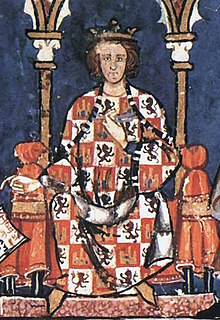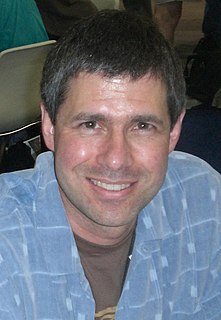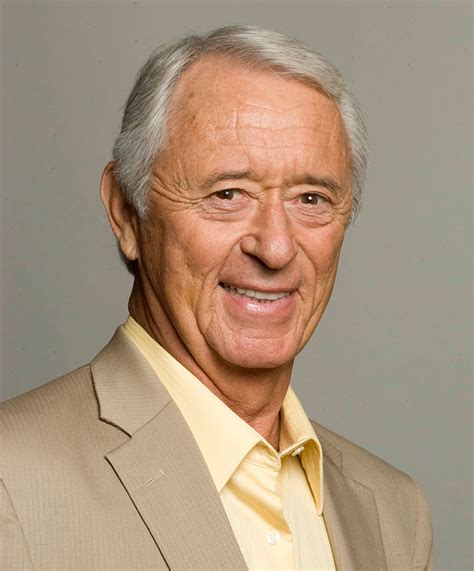A Quote by Ted Hughes
As Popa penetrates deeper into his life, with book after book, it begins to look like a Universe passing through a Universe. It is one of the most exciting things in modern poetry, to watch this journey being made.
Related Quotes
One of the most powerful shocks of the Middle Passage is the collapse of our tacit contract with the universe-the assumption that if we act correctly, if we are of good heart and good intentions, things will work out. We assume a reciprocity with the universe. If we do our part, the universe will comply. Many ancient stories, including the Book of Job, painfully reveal the fact that there is no such contract, and everyone who goes through the Middle Passage is made aware of it.
Boswell: But, Sir is it not somewhat singular that you should happen to have Cocker's Arithmetic about you on your journey? Dr. Johnson: Why, Sir if you are to have but one book with you upon a journey, let it be a book of science. When you read through a book of entertainment, you know it, and it can do no more for you; but a book of science is inexhaustible.
If you take a book with you on a journey," Mo had said when he put the first one in her box, "an odd thing happens: The book begins collecting your memories. And forever after you have only to open that book to be back where you first read it. It will all come into your mind with the very first words: the sights you saw in that place, what it smelled like, the ice cream you ate while you were reading it... yes, books are like flypaper—memories cling to the printed page better than anything else.
You are Life passing through your body, passing through your mind, passing through your soul. Once you find that out, not with logic, not with the intellect, but because you can feel that Life-you find out that you are the force that makes the flowers open and close, that makes the hummingbird fly from flower to flower. You find out that you are in every tree, and you are in every animal, vegetable, and rock. You are that force that moves the wind and breathes through your body. The whole universe is a living being that is moved by that force, and that is what you are. You are Life.
As crime writers, we put these characters, year after year, book after book, through the most horrendous trauma, dealing with grief and death and loss and violence. We can't pretend that these things don't affect these characters; they have to. If they don't, then you're essentially writing cartoons.
Had I been present at the Creation, I would have given some useful hints for the better ordering of the universe. Remarking on the complexity of Ptolemaic model of the universe after it was explained to him. Footnote: Carlyle says, in his History of Frederick the Great, book ii. chap. vii. that this saying of Alphonso about Ptolemy's astronomy, 'that it seemed a crank machine; that it was pity the Creator had not taken advice,' is still remembered by mankind, - this and no other of his many sayings.
Not only is the Universe aware of us, but it also communicates with us. We, in turn, are constantly in communication with the Universe through our words, thoughts, and actions. The Universe responds with events. Events are the language of the Universe. The most obvious of those events are what we call coincidence.
There is a distinct layer between the Earth and the universe, which is extremely black. Slowly, the entire universe starts to look 3D, like you can fly through it rather than this sphere of blackness overhead. And when you're above the atmosphere, there isn't water vapour in the air to make things foggy.







































